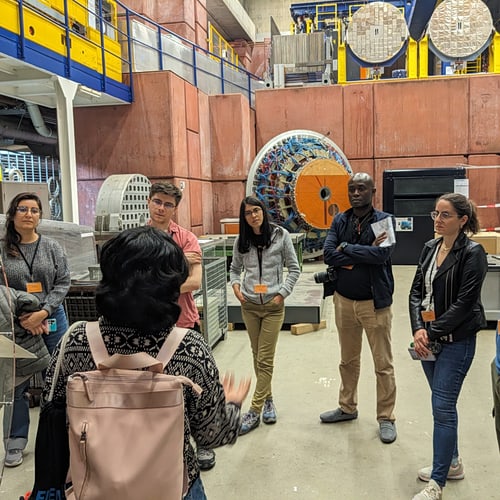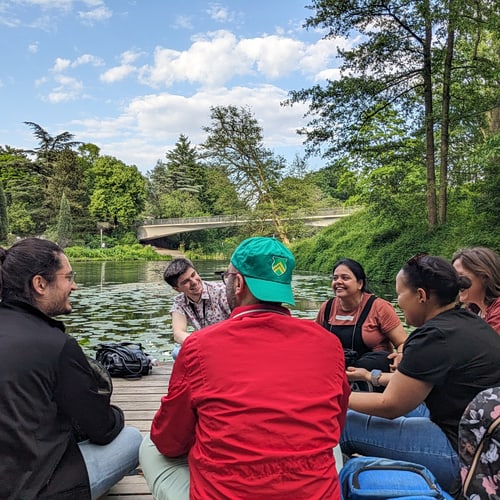Postdoc Phase
The postdoc phase is an integral transition period in an academic or research career following the completion of doctoral studies. A postdoc position is typically sought out to deepen research expertise and expand publication record with the goal of developing an independent research portfolio. This phase also offers an important opportunity to develop a variety of transferable soft skills which are valuable across a wide range of career paths.
In order for you to make the best career decisions, the HRA provides a curated set of workshops and information events each semester, as well as year-round individual and group counseling. We also coordinate a Hamburg-wide Postdoc Network with the goal of providing a platform and supportive community to Hamburg-based postdocs.
Content
Advising for postdocs
Do you have questions about the postdoc phase? If you were or are working as an academic at any of our member institutions, feel free to contact us. We offer individual and group advising sessions, refer you to suitable events and put you in touch with other contacts in Hamburg.


Photo: HRA/Helm
Contact

Photo: HRA/Sommer
Our advisor Dr. Pragya Chopra and the HRA team will answer your questions about the postdoctoral phase.
E-Mail










